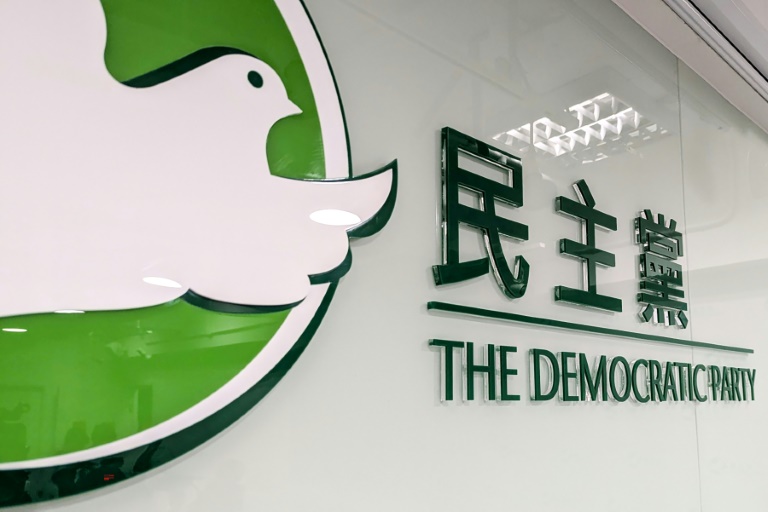Hong Kong’s oldest pro-democracy party, the Democratic Party, has announced that it will begin the process of disbanding, marking the end of an era for the city’s political opposition. The party, once a key voice in shaping Hong Kong’s democracy, has been significantly weakened after Beijing’s crackdown on dissent, which included the imposition of a national security law following large-scale protests in 2019.
Lo Kin-hei, the current chair of the Democratic Party, confirmed the decision on Thursday, stating that the party would start studying the necessary procedures for disbandment. “We considered the overall political environment in Hong Kong and the future plans we foresee,” Lo told reporters. He emphasized that while the decision has been made, the final dissolution would be subject to a vote by the party’s members, although no specific date for the vote has been set.
Founded in 1994, during the final years of British colonial rule, the Democratic Party quickly became one of the most influential pro-democracy groups in Hong Kong. The party played a pivotal role in advocating for the “one country, two systems” framework, which promised Hong Kong a high degree of autonomy and protections for civil rights. After Hong Kong’s handover to China in 1997, the party continued to be a dominant force in the legislature and organized peaceful demonstrations for democratic reforms.
However, the party’s influence began to decline after Beijing’s increased control over the region. The imposition of the national security law in 2020, following the violent pro-democracy protests, significantly eroded the space for political opposition. “Developing democracy in Hong Kong is always difficult,” Lo said, reflecting on the recent challenges the party and civil society have faced. He also noted the troubling trend of political groups and civil society organizations dissolving due to mounting pressure.
Despite the party’s ongoing efforts, including a recent election of a new central committee, the Democratic Party no longer holds any legislative seats. This is partly due to the electoral system overhaul in 2021, which ensured that only “patriots” could hold office. The party’s influence had been dwindling even further, especially after four of its former lawmakers, including former leader Wu Chi-wai, were convicted of subversion under the national security law and sentenced to prison.
Emily Lau, a founding member of the Democratic Party, expressed shock over the party’s decision to disband, noting the lack of prior indications. “We only had an AGM in December, and there was no sign that the party was losing enthusiasm or money,” she said. Lau reflected on the party’s efforts over the years to represent the people, adding that its dissolution was a sign of the crushing of the last remnants of the “one country, two systems” arrangement.
The party’s dissolution comes amid a broader crackdown on Hong Kong’s pro-democracy movement, with other opposition groups like the Civic Party also disbanding in recent years. Lau lamented that freedoms of association and expression are now things of the past, reflecting on the party’s history of fighting for the people of Hong Kong.
A team of three, led by Lo Kin-hei, will oversee the legal and financial processes involved in dissolving the party. Lo confirmed that the Democratic Party is not facing immediate financial difficulties and has around 400 members. However, any vote to disband will require the approval of at least 75% of the members present at the meeting.
The dissolution of the Democratic Party adds to the growing international criticism of Hong Kong’s shrinking political freedoms. Western nations, including the United States, have condemned the city’s curtailing of rights, while Hong Kong officials insist that the security laws are necessary to restore order. The political landscape in Hong Kong continues to shift dramatically as opposition groups are increasingly silenced and dissolved.




